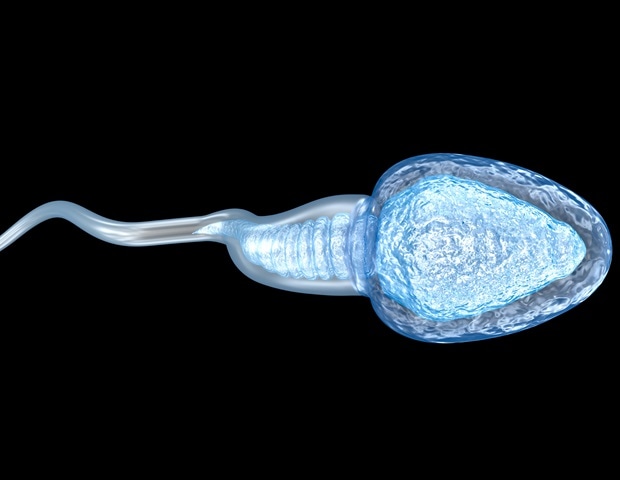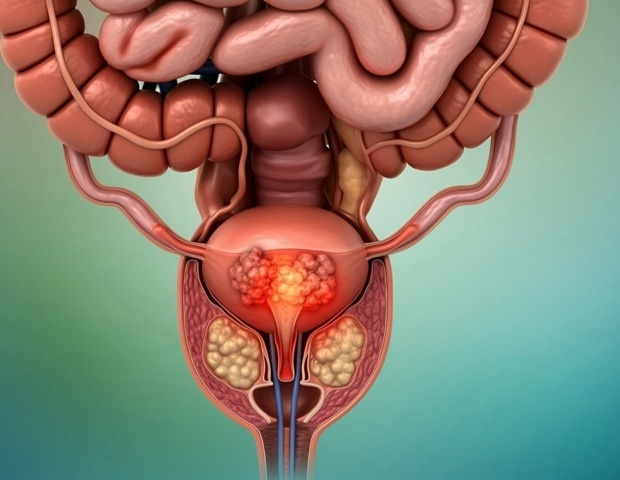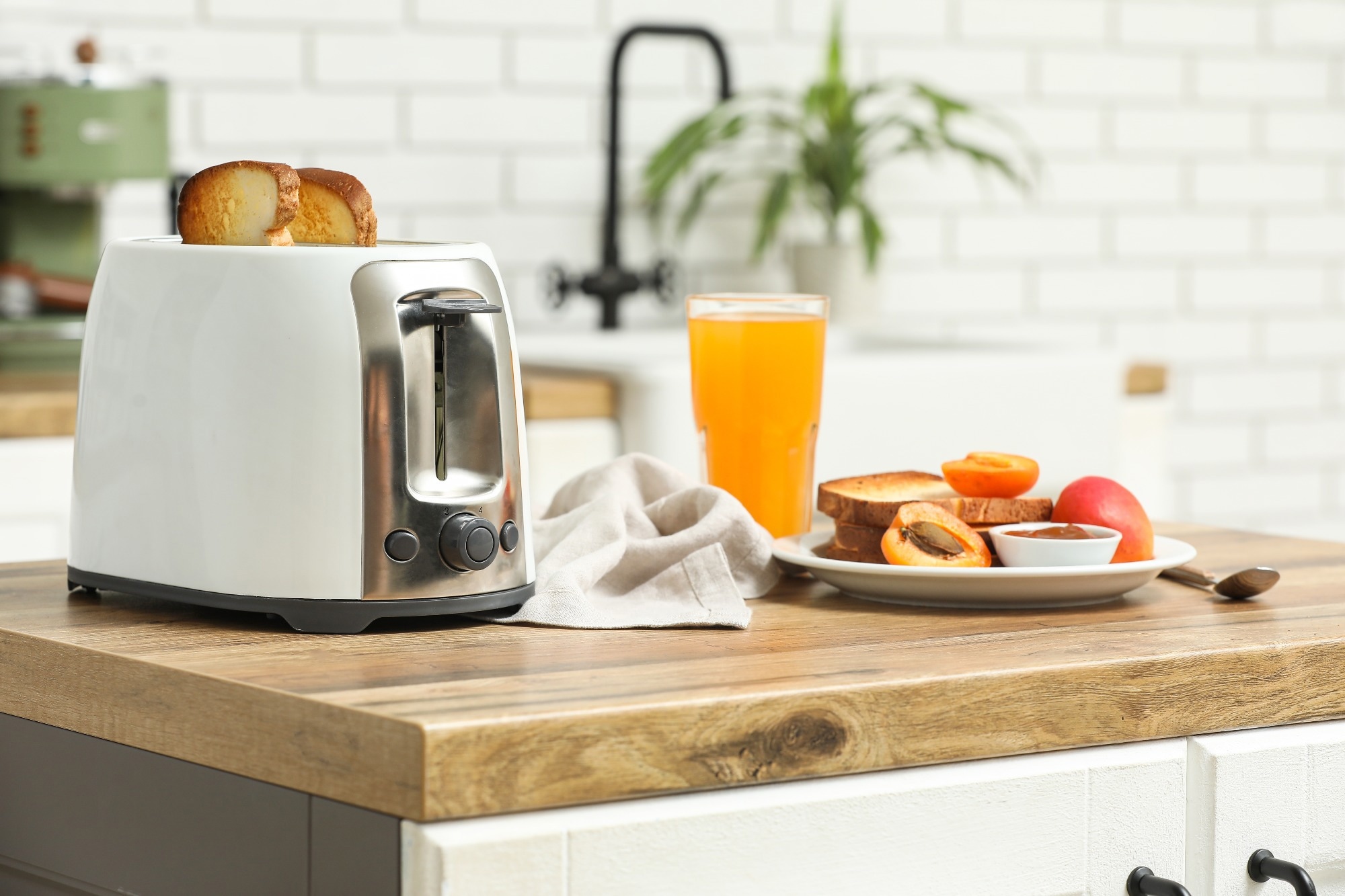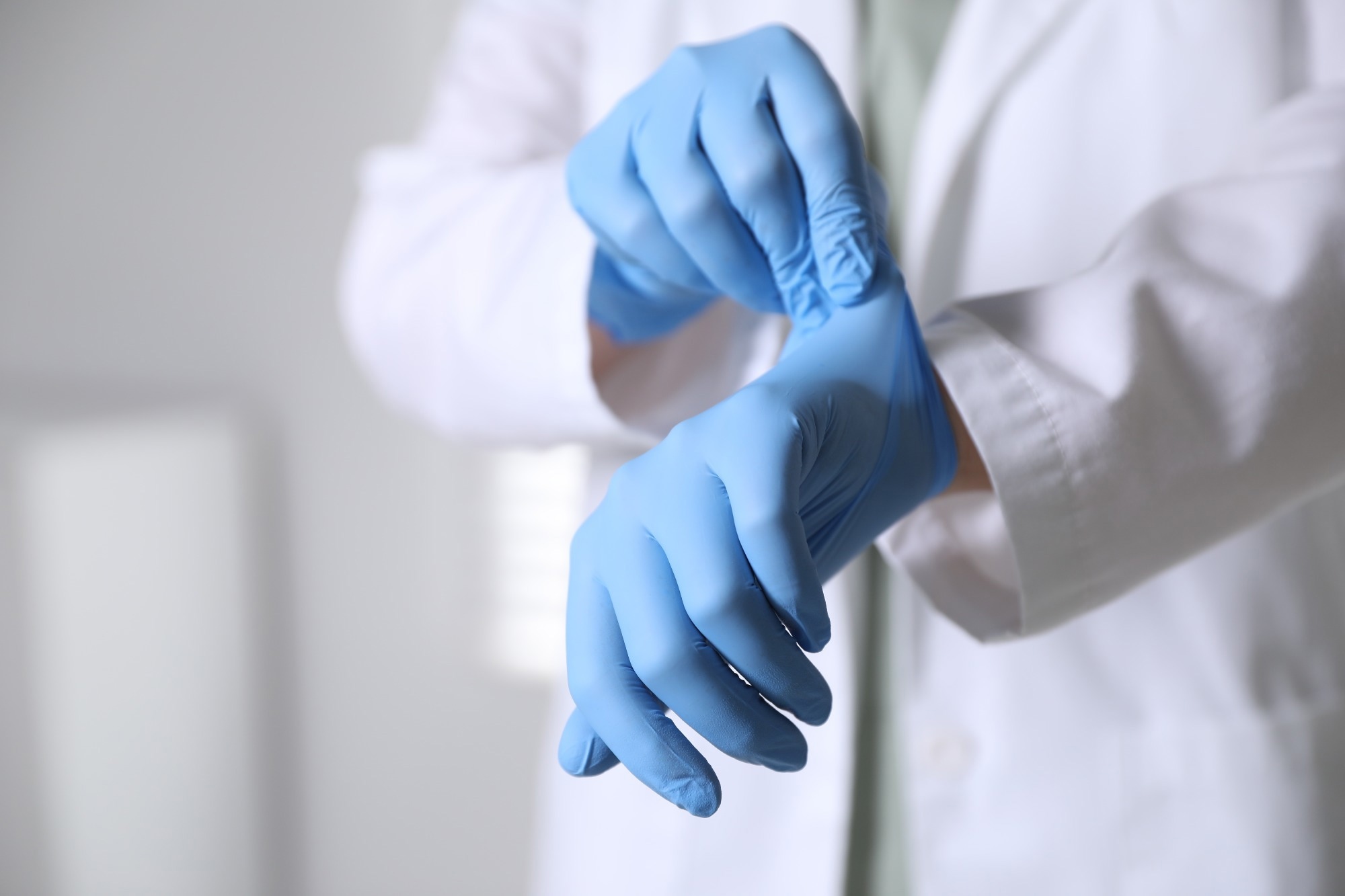Home / Featured Content / ‘Astrocapsules’ Could Be a New Weapon in Fight Against Dementia
Scientists have developed a new way to reduce inflammation in the brain, a discovery that could help fight diseases such as Alzheimer’s and Parkinson’s.
October 12, 2025 by Futurity Leave a Comment

The team created “AstroCapsules,” small hydrogel capsules that enclose human astrocytes—star-shaped brain cells that support healthy nervous system function. Inside the capsules, the cells were engineered to release interleukin-1 receptor antagonist, an anti-inflammatory protein.
Tests in human brain organoids and mouse models showed the treatment lowered neuroinflammation and resisted immune rejection.
Rice University bioengineer Omid Veiseh, whose lab studies how to design biomaterials that work with the immune system, is co-corresponding author on the paper published in Biomaterials.
“Encapsulating cells in a way that shields them from immune attack has been a central challenge in the field,” says Veiseh, professor of bioengineering at Rice, Cancer Prevention and Research Institute of Texas Scholar and director of the Rice Biotech Launch Pad.
“In our lab, we have been working on biomaterials for many years, and this project was an opportunity to draw from that experience to address the uniquely complex immune environment of the brain. Our hope is that this work will help move cell therapies closer to becoming real treatment options for patients with neurodegenerative disease.”
The study was co-led by Robert Krencik, an associate professor in the Center for Neuroregeneration and neurosurgery department at the Houston Methodist Research Institute. Krencik says the system “solves several current problems with cell-based therapeutics to the nervous system.”
“Because the capsules will form a physical barrier between the implanted astrocytes and brain tissue, cells are expected to locally secrete anti-inflammatory proteins while avoiding immune rejection and unwanted migration throughout the brain,” Krencik says. “This will increase stability of the treatment while reducing side effects.”
Additional coauthors are from Rice and Houston Methodist.
Source: Rice University
Original Study DOI: 10.1016/j.biomaterials.2025.123650
—
Previously Published on futurity.org with Creative Commons License
***
–
The world is changing fast. We help you keep up.
We’ll send you 1 post, 3x per week.
Join The Good Men Project as a Premium Member today.
All Premium Members get to view The Good Men Project with NO ADS. Need more info? A complete list of benefits is here.
—
Photo credit: iStock
About Futurity
Futurity features the latest discoveries by scientists at top research universities in the US, UK, Canada, Europe, Asia, and Australia. The nonprofit site, which launched in 2009, is supported solely by its university partners in an effort to share research news directly with the public.

.jpeg)























.jpeg)













 English (US) ·
English (US) ·